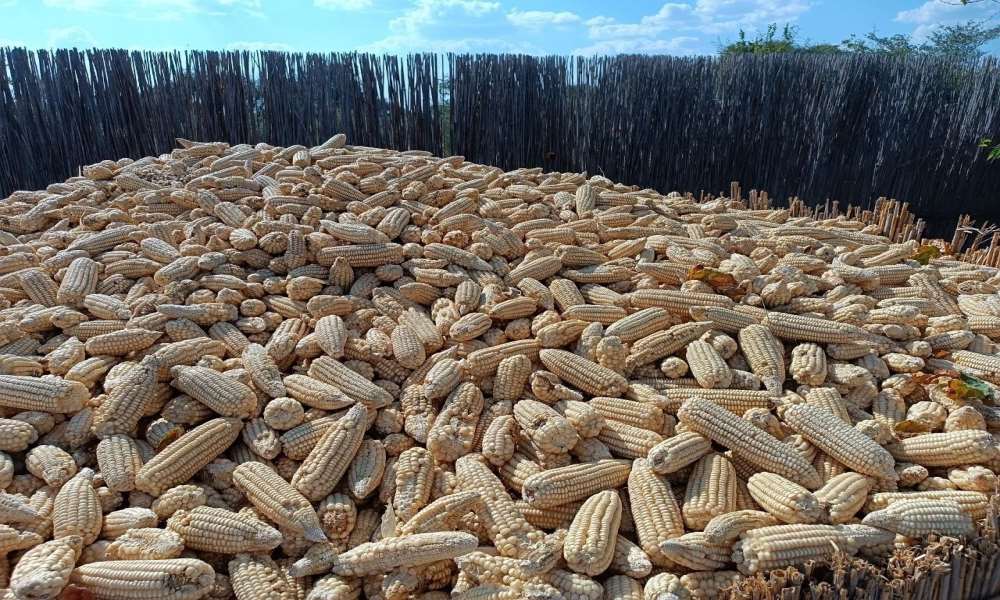Project to improve accuracy of crop-production data
Field data collection carried out in seven regions
The project, titled 'Improved yield estimates to inform agricultural and food security interventions', is funded by the USAID bureau of humanitarian assistance.
The accuracy, accessibility and readiness of crop-production data will be enhanced through a project using remote-sensing yield forecast models to provide interventions that address the needs of farmers. The Food and Agriculture Organisation (FAO) and University of Maryland (UMD)/NASA Harvest are collaborating on the project, which is being funded by the United States Agency for International Development’s (USAID) bureau of humanitarian assistance.
The project is titled ‘Improved yield estimates to inform agricultural and food security interventions’.
According to the FAO, the objectives of the initiative include providing better yield estimates for agricultural and food security interventions in Namibia, improving the analytical capacity of stakeholders and generating early-warning information for targeted agricultural interventions.
Since last November, the agriculture ministry - in partnership with the FAO and UMD/NASA Harvest - has been carrying out field data collection across seven northern regions of Namibia, namely: Oshikoto, Oshana, Ohangwena, Omusati, Kavango West, Kavango East and Zambezi.
The data-collection phase focused on agricultural input availability, preliminary crop estimates and post-harvest assessments to determine the actual harvest yield.
The FAO said smallholder farming and subsistence agriculture are prevalent in these regions, making them vulnerable to climate change and other environmental factors.
Addressing farmers’ needs
"The accurate data on crop yields and other relevant information collected through the project will enable [stakeholders] to provide tailored interventions that address the specific needs of farmers in the regions," Gift Kamupingene, FAO national project coordinator, said.
The partnership benefits from advanced technologies such as remote sensing, machine learning and artificial intelligence.
These technologies allow for the collection of accurate and timely data on a large scale, providing a comprehensive understanding of the challenges faced by farmers in Namibia.
"The sample size has significantly increased, allowing us to achieve broader coverage of farmers and obtain reliable responses," Johanna Shapwa, agro business analyst in the ministry’s division of statistics and business information, said.
According to her, the use of remote-sensing technology has facilitated the collection of extensive and timely data, thereby enhancing the capacity of government to analyse and consider potential interventions.
Risks
Agriculture plays a significant role in the country's economy, employing a large portion of the rural population.
However, climate change, soil degradation and low productivity pose risks to food security and sustainable development.
According to the FAO, the improved yield estimates provided by the project aim to equip decision-makers with the necessary tools to plan and implement effective agricultural interventions, enhance food security and support sustainable development in Namibia.
The data collected will also contribute to the development and enhancement of robust remote sensing-based yield forecast models.
Namibia, Malawi and Kazakhstan have been selected for the pilot project due to their capacity and availability of recent crop statistics.




Comments
My Zone
No comments have been left on this article